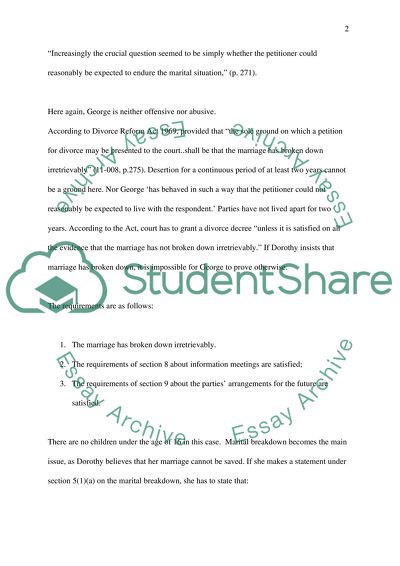Cite this document
(“Family Law - case study Essay Example | Topics and Well Written Essays - 2500 words”, n.d.)
Retrieved de https://studentshare.org/miscellaneous/1508055-family-law-case-study
Retrieved de https://studentshare.org/miscellaneous/1508055-family-law-case-study
(Family Law - Case Study Essay Example | Topics and Well Written Essays - 2500 Words)
https://studentshare.org/miscellaneous/1508055-family-law-case-study.
https://studentshare.org/miscellaneous/1508055-family-law-case-study.
“Family Law - Case Study Essay Example | Topics and Well Written Essays - 2500 Words”, n.d. https://studentshare.org/miscellaneous/1508055-family-law-case-study.


